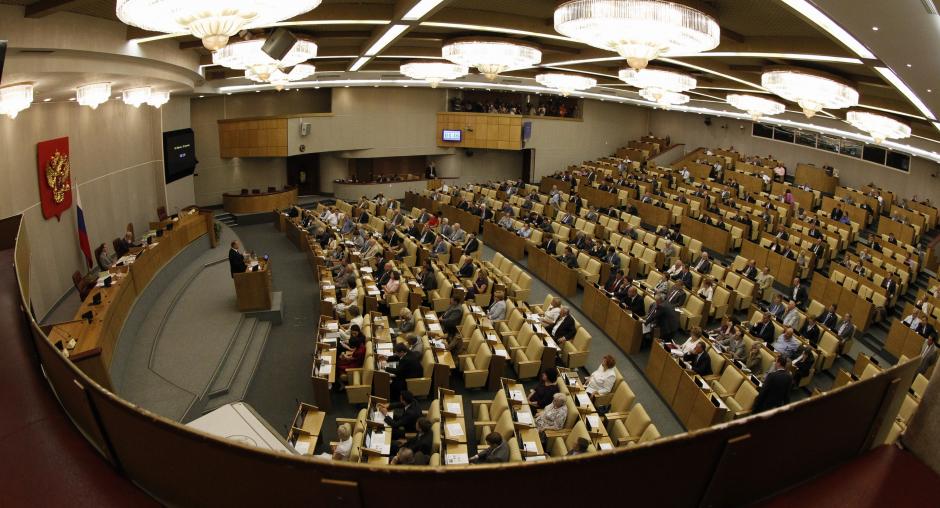Law regulating news aggregators in Russia might negatively affect freedom of information on Internet, OSCE Representative says

VIENNA, 13 June 2016 – OSCE Representative on Freedom of the Media Dunja Mijatović today conveyed her concern about a new law in Russia which imposes excessive responsibility on Internet search engines and websites for aggregation and distribution of online information.
“This law could result in governmental interference of online information and introduce self-censorship in private companies,” Mijatović said. “Internet search engines are a convenient tool for many consumers to obtain information and they should be exempt from the need to verify the content distributed or stored by them.”
On 10 June, the State Duma adopted amendments to the Federal Law on Information, Information Technologies and Protection of Information and the Administrative Code requiring owners of Internet search engines (“news aggregators”) with more than one million daily users to be accountable for the content of disseminated information, except when such content represents a verbatim reproduction of materials published by registered media outlets. Violation of the law carries disproportionately high administrative penalties.
According to the amendments, Russian-language Internet search engines, search engines in other languages of the Russian Federation, and those advertising their products and services for Russian audiences, shall only be owned by Russian companies or citizens.
The Representative noted that the amendments are vaguely worded which could increase the already high number of interventions by state authorities in online service providers’ activities.
“I trust that the highest authorities will carefully scrutinize the law before it goes into effect and properly evaluate its negative effects on access to and the free flow of information on the Internet,” Mijatović said.
On 18 April, Mijatović expressed concern about the law in a letter to Sergey Zheleznyak, Deputy Chair of the State Duma. She stressed that while certain regulation by the government of online information is permissible, existing legislation in the Russian Federation is more than sufficient to cover the anticipated challenges.
Mijatović noted concerns about the matter expressed by industry experts, the media community and civil society organizations in the Russian Federation.
The Representative also pointed to her Office’s recent communique, and recommendations put forward to OSCE participating States, on intermediaries and their role in the distribution of and access to journalistic content (www.osce.org/fom/219391), and Media Freedom on the Internet: An OSCE Guidebook (www.osce.org/netfreedom-guidebook), recently published by her Office.
The OSCE Representative on Freedom of the Media observes media developments in all 57 OSCE participating States. She provides early warning on violations of freedom of expression and media freedom and promotes full compliance with OSCE media freedom commitments. Learn more at www.osce.org/fom, Twitter: @OSCE_RFoM and on www.facebook.com/osce.rfom.
